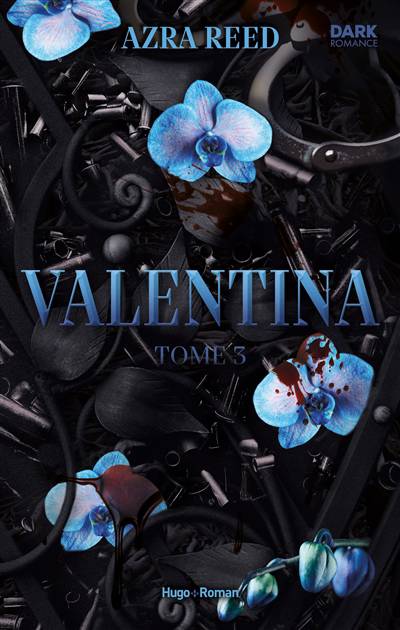
- Retrait gratuit dans votre magasin Club
- 7.000.000 titres dans notre catalogue
- Payer en toute sécurité
- Toujours un magasin près de chez vous
- Retrait gratuit dans votre magasin Club
- 7.000.0000 titres dans notre catalogue
- Payer en toute sécurité
- Toujours un magasin près de chez vous
15,45 €
+ 30 points
Format
Description
The enthralling story of how today's largest language family, spoken by nearly half the world's population, descended from one ancient dialect.
Daughter. Duhitar-. Dustr.
Dukte. Listen to these English, Sanskrit, Armenian and Lithuanian words, all meaning the same thing, and you hear echoes of one of history's most unlikely journeys. All four languages-along with hundreds of others, from French and Gaelic, to Persian and Polish-trace their origins to an ancient tongue spoken as the last ice age receded.
This language, which we call Proto-Indo-European, was born between Europe and Asia and exploded out of its cradle, fragmenting as it spread east and west. Its last speaker died thousands of years ago, yet Proto-Indo-European lives on in its myriad linguistic offspring and in some of our best loved works of literature, including Dante's Inferno and the Rig Veda, The Lord of the Rings and the love poetry of Rumi. How did this happen?
Acclaimed journalist Laura Spinney set out to answer that question, retracing the Indo-European odyssey across continents and millennia.
With her we travel the length of the steppe, navigating the Caucasus, the silk roads and the Hindu Kush. We retrace the epic journeys of nomads and monks, warriors and kings the ancient peoples who carried these languages far and wide. In the present, Spinney meets the scientists on a thrilling mission to retrieve the lost languages and their speakers: the linguists, archaeologists and geneticists who have reconstructed that ancient diaspora.
What they have learned has profound implications for our modern world, because people and their languages are on the move again. Proto is a revelatory portrait of world history in its own words.
Daughter. Duhitar-. Dustr.
Dukte. Listen to these English, Sanskrit, Armenian and Lithuanian words, all meaning the same thing, and you hear echoes of one of history's most unlikely journeys. All four languages-along with hundreds of others, from French and Gaelic, to Persian and Polish-trace their origins to an ancient tongue spoken as the last ice age receded.
This language, which we call Proto-Indo-European, was born between Europe and Asia and exploded out of its cradle, fragmenting as it spread east and west. Its last speaker died thousands of years ago, yet Proto-Indo-European lives on in its myriad linguistic offspring and in some of our best loved works of literature, including Dante's Inferno and the Rig Veda, The Lord of the Rings and the love poetry of Rumi. How did this happen?
Acclaimed journalist Laura Spinney set out to answer that question, retracing the Indo-European odyssey across continents and millennia.
With her we travel the length of the steppe, navigating the Caucasus, the silk roads and the Hindu Kush. We retrace the epic journeys of nomads and monks, warriors and kings the ancient peoples who carried these languages far and wide. In the present, Spinney meets the scientists on a thrilling mission to retrieve the lost languages and their speakers: the linguists, archaeologists and geneticists who have reconstructed that ancient diaspora.
What they have learned has profound implications for our modern world, because people and their languages are on the move again. Proto is a revelatory portrait of world history in its own words.
Spécifications
Parties prenantes
- Auteur(s) :
- Editeur:
Contenu
- Nombre de pages :
- 352
- Langue:
- Anglais
Caractéristiques
- EAN:
- 9780008626563
- Date de parution :
- 12-03-26
- Format:
- Livre broché
- Dimensions :
- 129 mm x 198 mm
- Poids :
- 270 g
Les avis
Nous publions uniquement les avis qui respectent les conditions requises. Consultez nos conditions pour les avis.





